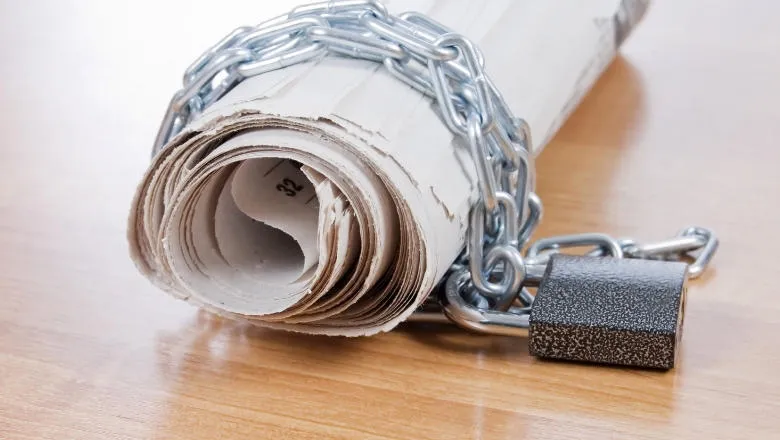We are very proud to have both our staff and students involved in helping to tackle such an important issue. This is a great opportunity to fulfill the mission of the university to make the world a better place.
Professor Gillian Douglas, Executive Dean of the Dickson Poon School of Law
10 September 2019
Joining the movement to protect media freedom
According to recent reports, 2018 was the worst year on record for violence and abuse against journalists. More than half of the journalists killed that year were deliberately targeted and there has been a 15% increase in such killings since 2017, punctuated by the grisly murder of Saudi columnist Jamal Khashoggi inside a Saudi consulate in Istanbul.

States all around the world are imprisoning journalists and others under defamation laws, sedition laws, crimes of lèse majesté. In many countries misinformation and disinformation are also a crime. These laws and their implementation pull a threat to media freedom, freedom of speech and freedom of expression.
Staff and students from The Dickson Poon School of Law are joining the Global Media Freedom Initiative, which will play a leading role in developing legal tools to protect journalists and defend freedom of the press. This work will support the High Level Panel of Legal Experts on Media Freedom led by Lord Neuberger, former President of the Supreme Court of the UK, and Amal Clooney, Special Envoy on Media Freedom to the UK Foreign Secretary.
King’s will be part of a legal network which will generate a series of landmark reports on model laws setting out international human rights standards that should guide the formulation and application of criminal and civil laws frequently used to target journalists and stifle media freedom around the world. The network, which includes Columbia Law School, the University of Toronto and Korea University, will collaborate with partners in all regions of the world to ensure the reports have comprehensive jurisdictional coverage.
Professor Philippa Webb and Dr Rosana Garciandia, will lead the King’s team with the support of the Yeoh Tiong Lay Centre for Politics, Philosophy and Law, and a selected group of LLM and LLB students.
Professor Webb explained: “The research produced by King’s will form the basis for two reports: one on defamation, sedition and crimes of lèse majesté; and another on misinformation and disinformation. We will be making concrete recommendations and proposing model laws in consultation with the Panel and external advisors.”
Other partner universities will focus on blasphemy and hate speech, anti-terrorism laws, espionage and systemic restrictions on the ability of media to function.
The final reports aim to provide guidance and recommendations to states in the form of model legislation that respects and protects media freedom.
Amal Clooney, Deputy Chair of the Global Media Freedom Initiative High-Level Panel of Legal Experts, said: “Although 173 countries have ratified the International Covenant on Civil and Political Rights that guarantees freedom of speech, many countries still have laws that have been written or applied to silence dissent and muzzle journalists. The promulgation of model legislation to guide States on the free speech guarantees that must be respected under international law is a key priority for us.”
